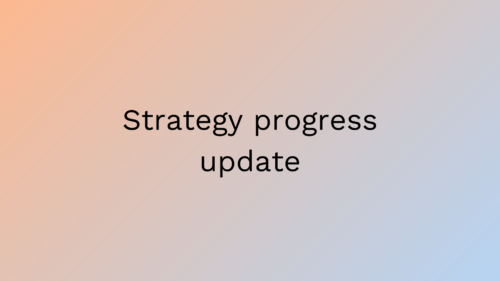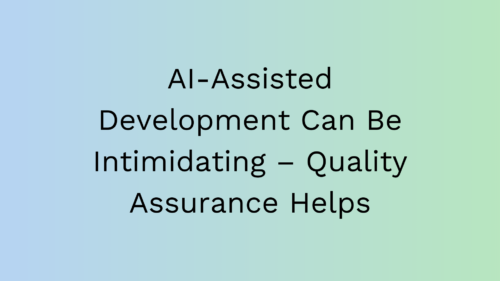Test Automation Trends 2025
27.03.2025
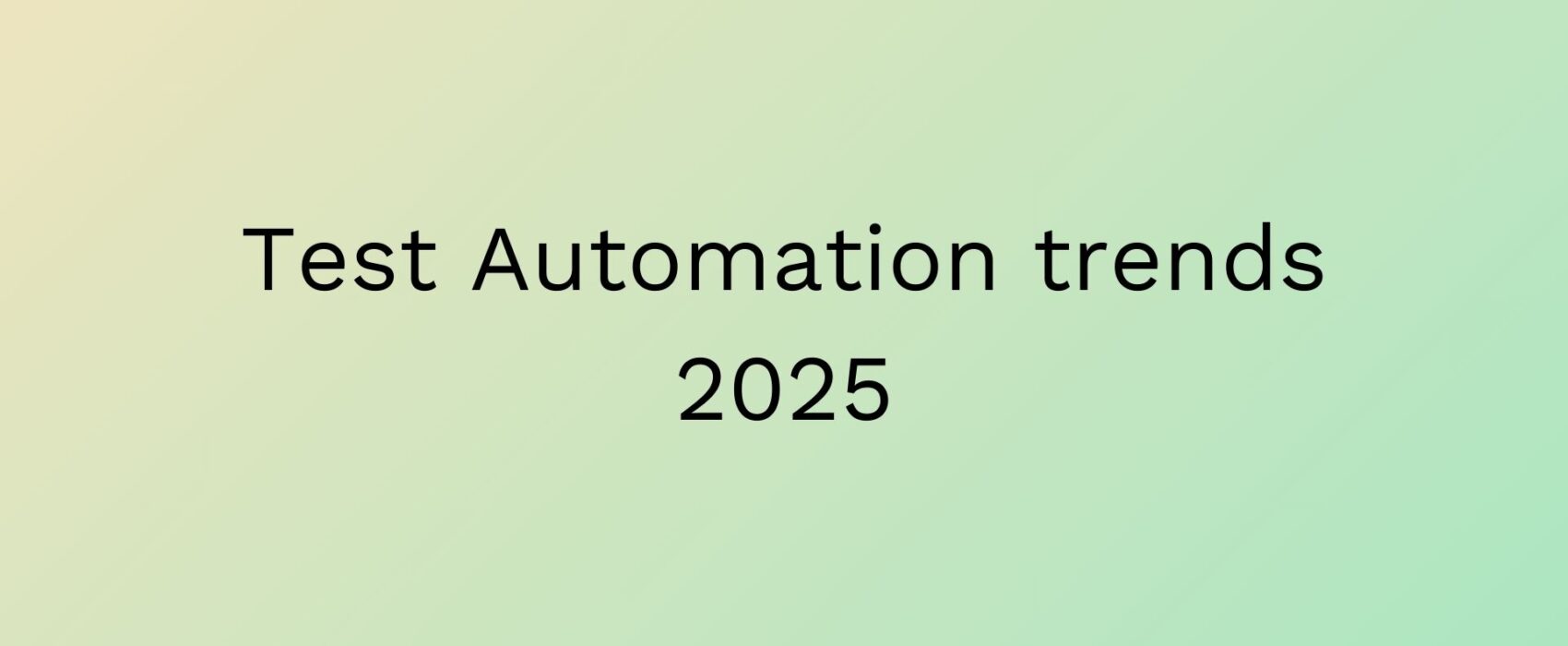
At VALA, we’re constantly keeping an eye on the future of software quality. But instead of relying on gut feelings, we are used to asking opinions from the people who live and breathe testing every day.
In our recent survey, conducted in RoboCon 2025, 96 test automation professionals gave their views on the most important test automation trends. We split the question in two: What matters most in the short term (2025)? And what will matter in the mid-long term (2025–2030)?
Here’s what we learned.
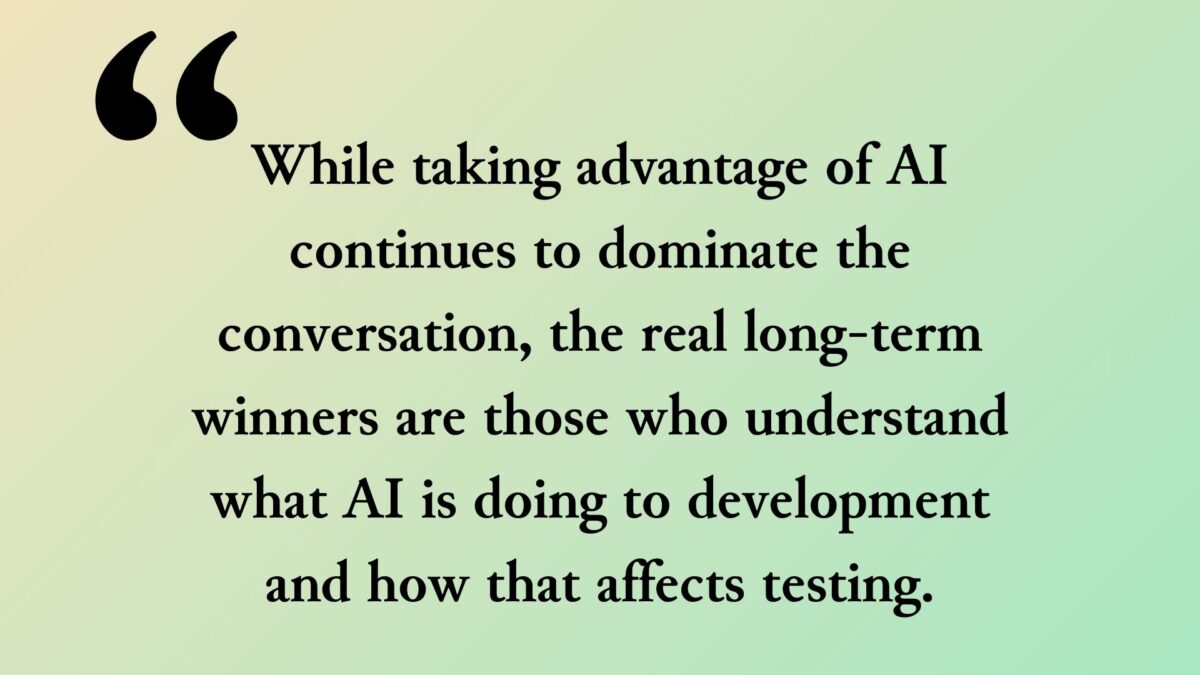
Short-term priorities: AI is here
The clear winner for 2025 is AI-driven test automation. Nearly 80% of respondents chose it as a key trend for the near future. This confirms what we’ve already been seeing in the field: AI is not just a buzzword anymore. It’s becoming a practical tool to help testers increase speed, coverage, and confidence.
Also high on the list:
- Faster feedback with test automation (54%)
- Containerized test automation (42%)
- Test automation of software security (41%)
- Shift-left test automation (35%)
These responses point to a common goal: tighter integration of testing into development and delivery. The future is not just fast, it’s secure, continuous, and smart.
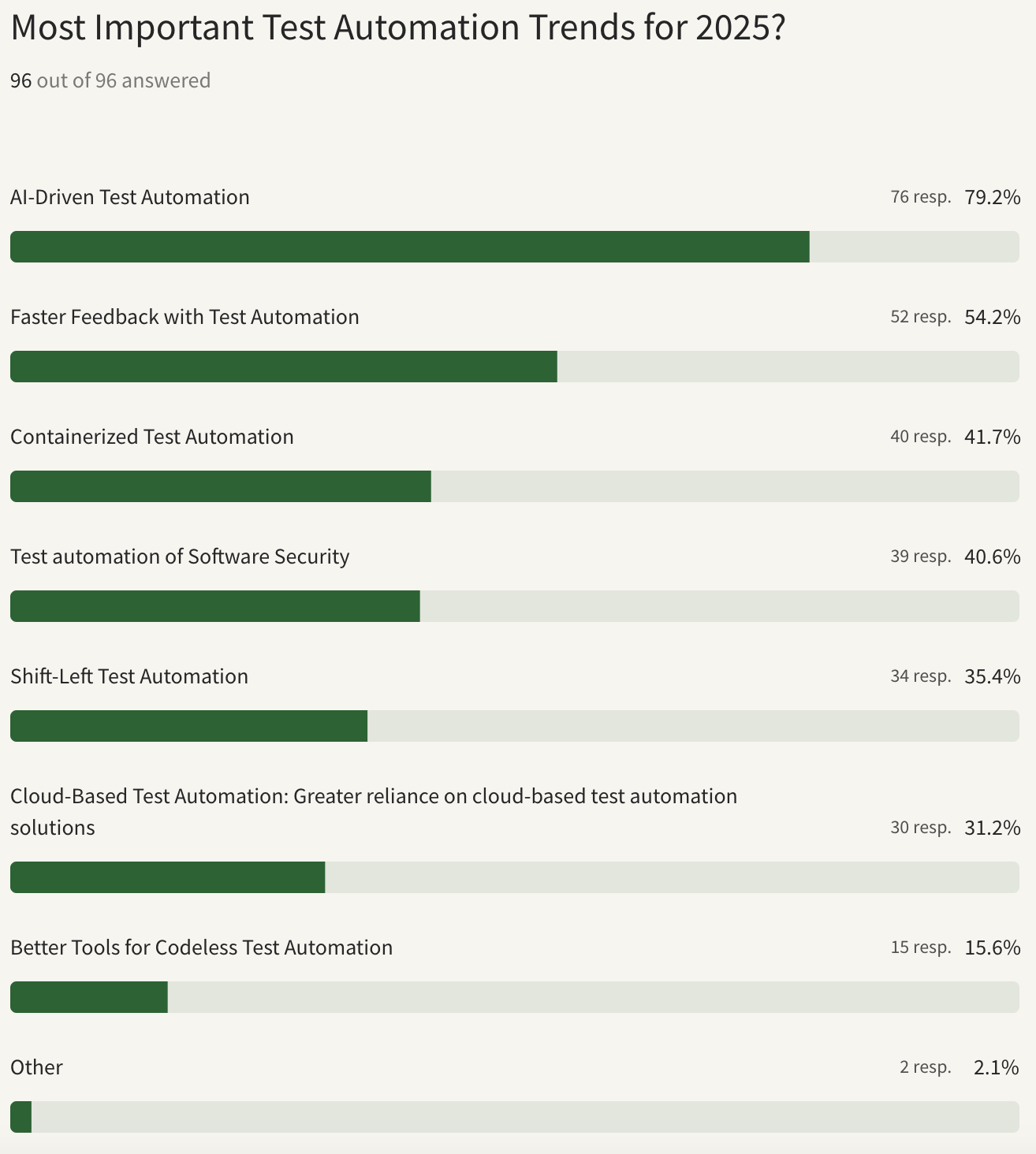
Mid- to long-term vision: resilience and intelligence
Looking further into the future, self-healing test automation takes the top spot (78%). It seems testers are dreaming of automation that takes care of itself — and rightly so. As systems get more complex, automation needs to become more resilient.
Following closely are:
- Autonomous testing (60%)
- Big Data and analytics in test automation (57%)
These results suggest a shift toward more intelligent and adaptive testing approaches. Testers expect tools that learn, adapt, and make decisions—not just follow scripts.
More futuristic trends like quantum computing and digital twin testing appeared too, but in lower numbers. These are definitely interesting to watch, but for now, they remain on the edge.
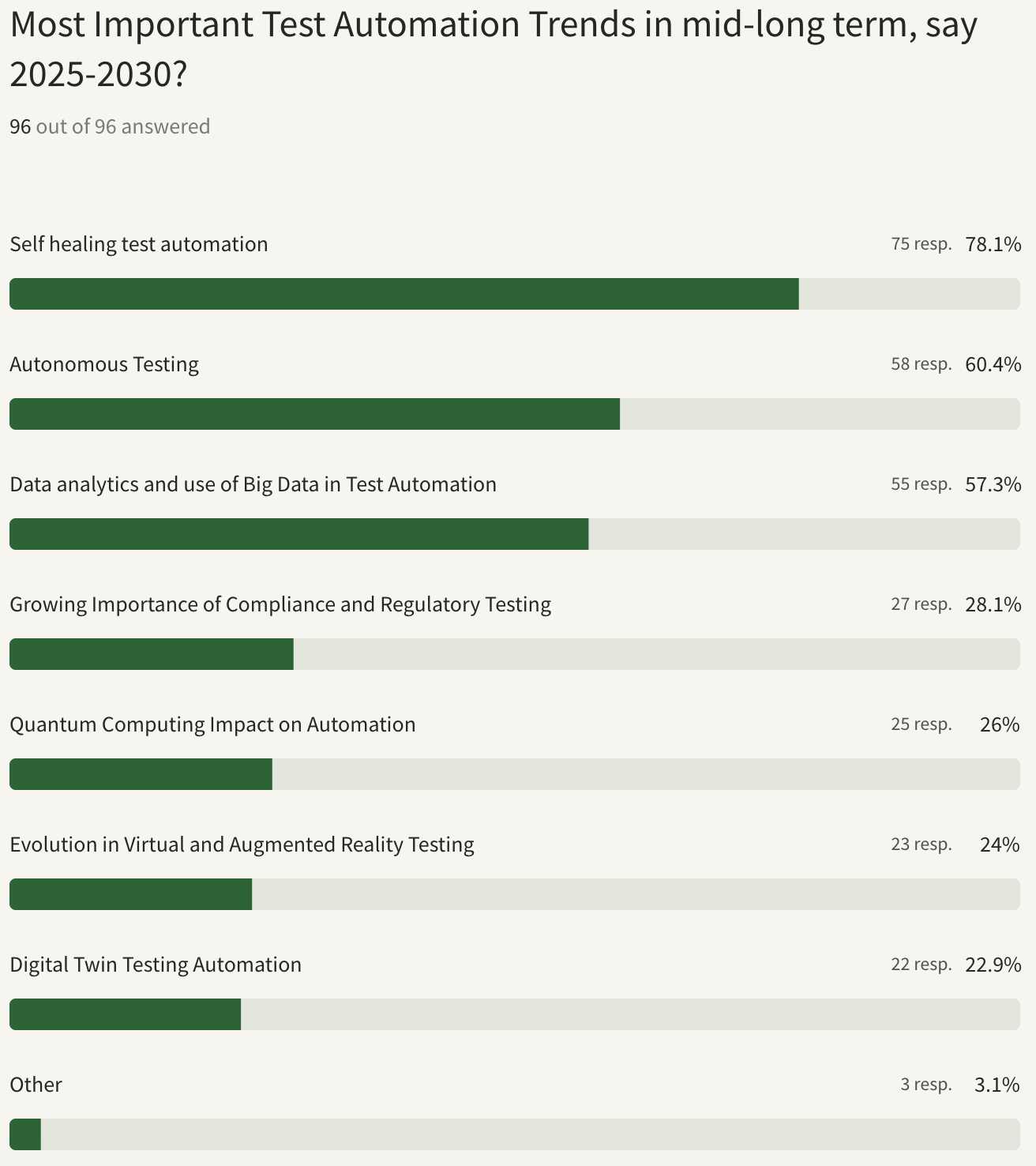
A few takeaways from VALA
The results reflect what we see in the field daily. Testing is becoming smarter, earlier, and more embedded into product development. The quality community is clearly prioritizing automation that is not only powerful, but also sustainable and scalable. AI assisted testing is business as usual and in everyday use where possible.
And while taking advantage of AI in certain testing tasks continues to dominate the conversation, the real long-term winners are those who understand what AI is doing to development and how that affects testing. How AI-generated code should be tested, and how AI-generated tests should be tested. And most importantly, how quality as a whole should be planned and led.
Let us know what you think, and if you’re curious about how these trends translate into real-life projects, just reach out. We’re always happy to talk about the future of quality.

